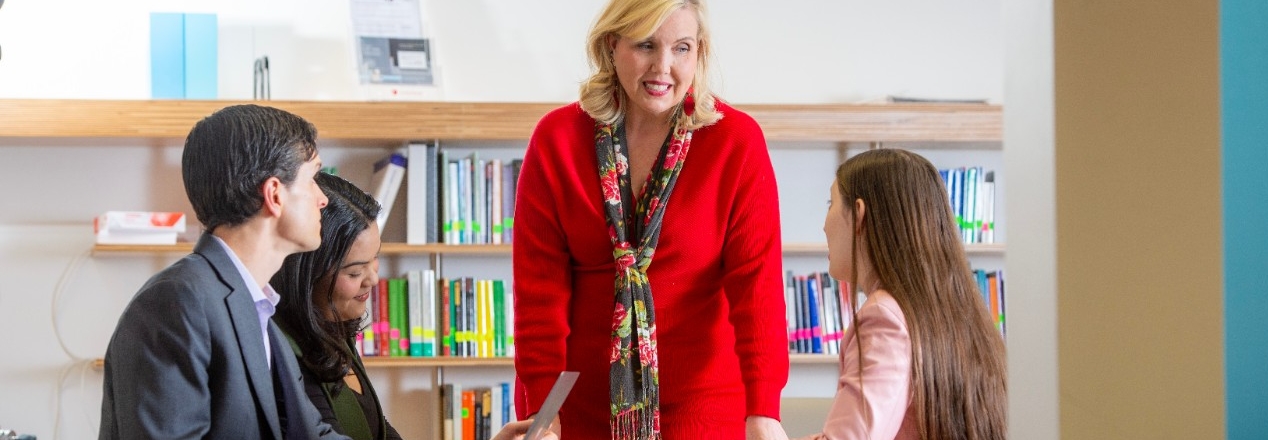You’ll have the chance to help real clients in real cases—whether it’s drafting a contract for an aspiring entrepreneur, protecting a neglected child or pursuing medical treatments for an incarcerated adult—by enrolling in our clinics or completing an externship.
These opportunities allow you to begin your career with real-world knowledge and a high degree of skill.
